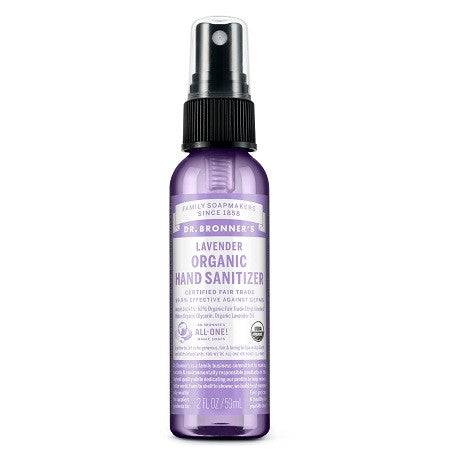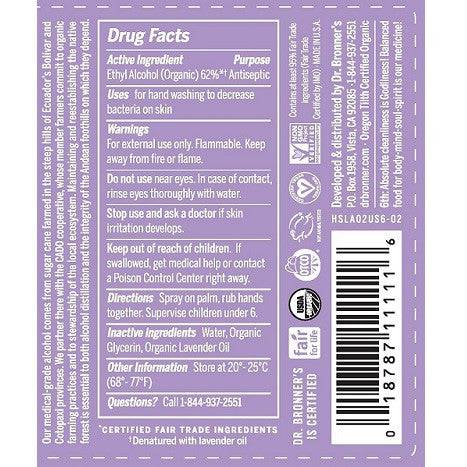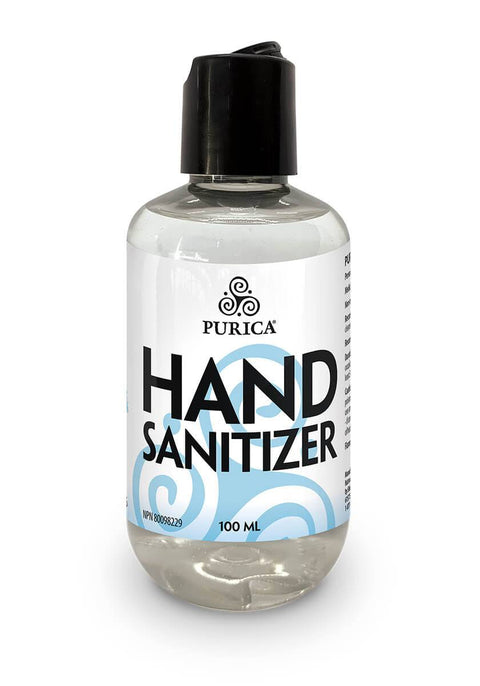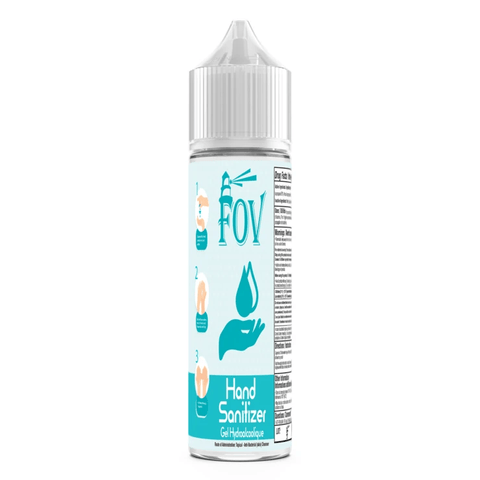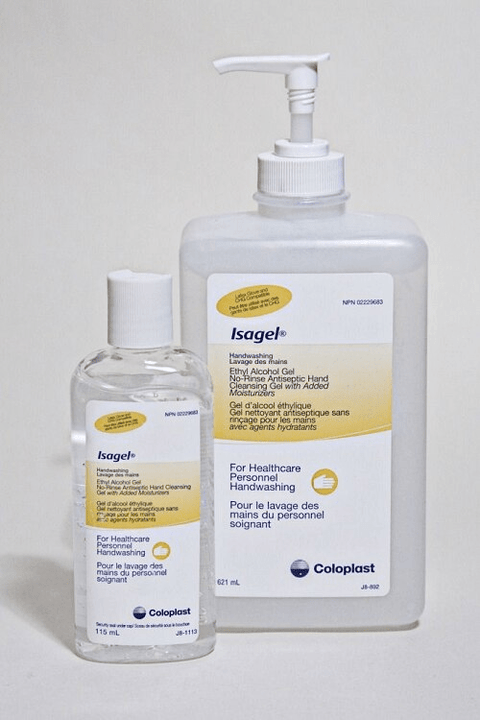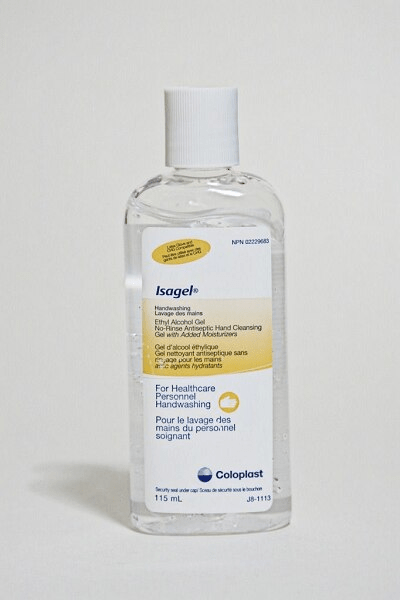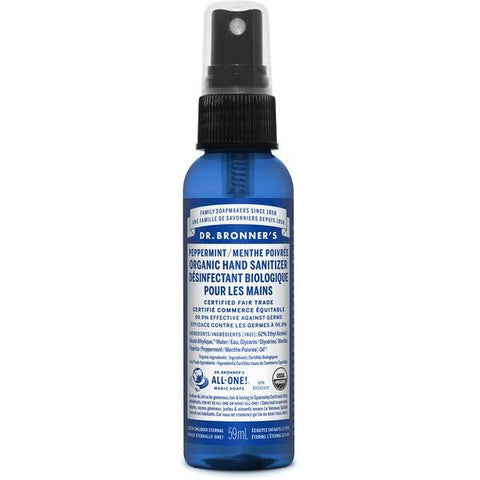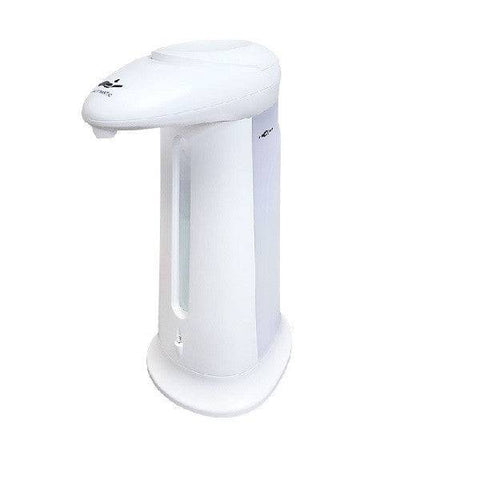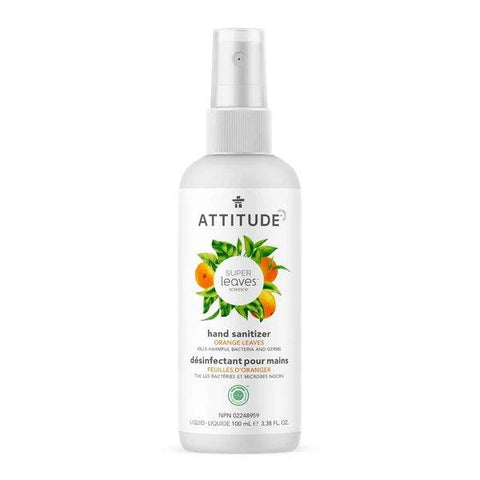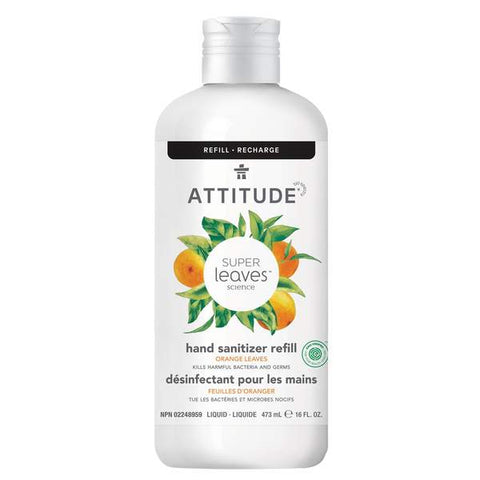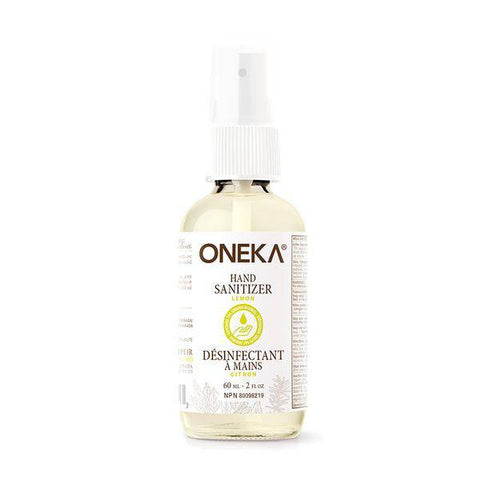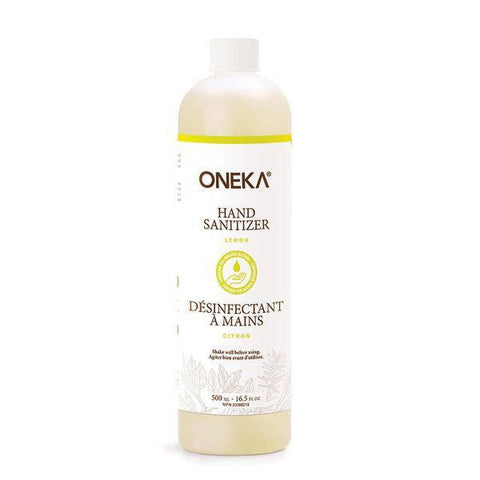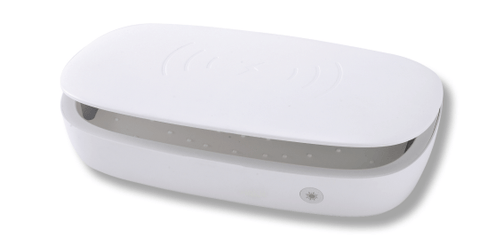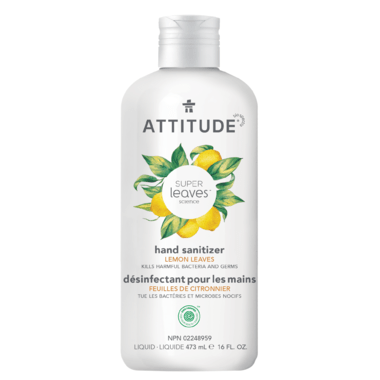Hand sanitizers are topical liquids or gels designed to cleanse and sanitize your hands by reducing the number of germs on the surface. They are not meant to disinfect or sterilize, which require a stronger approach to eliminate all microorganisms.
Here's how hand sanitizers work:
- Antimicrobial activity: Most hand sanitizers contain alcohol, typically ethanol or isopropanol, as the active ingredient. This alcohol has germicidal properties, meaning it can kill a wide range of germs, including bacteria and some viruses.
- Antibacterial and Virucidal: Not all hand sanitizers are effective against all germs. Look for one labeled antibacterial and/or virucidal to ensure it works against the specific microbes you're concerned about.
- Reduction, not elimination: Hand sanitizers significantly reduce the number of germs on your hands, but they don't necessarily eliminate them all.
When to use hand sanitizers:
- When soap and water are not readily available
- After using public transportation
- Before and after eating, especially when on the go
- After touching surfaces in public places
Here are some important things to keep in mind about hand sanitizers:
- Effectiveness: Alcohol-based hand sanitizers are generally more effective than non-alcohol-based ones.
- Application: Apply enough sanitizer to coat your entire hand and rub your hands together for at least 20 seconds to ensure proper coverage.
- Not a substitute for handwashing: Handwashing with soap and water is still the preferred method for hand hygiene, especially when hands are visibly soiled.
- Avoid flames: Alcohol-based sanitizers are flammable, so keep them away from open flames or heat sources.
Overall, hand sanitizers are a convenient and portable way to help maintain hand hygiene when soap and water are not available. However, they should be used as part of a comprehensive hand hygiene routine that includes regular handwashing.


